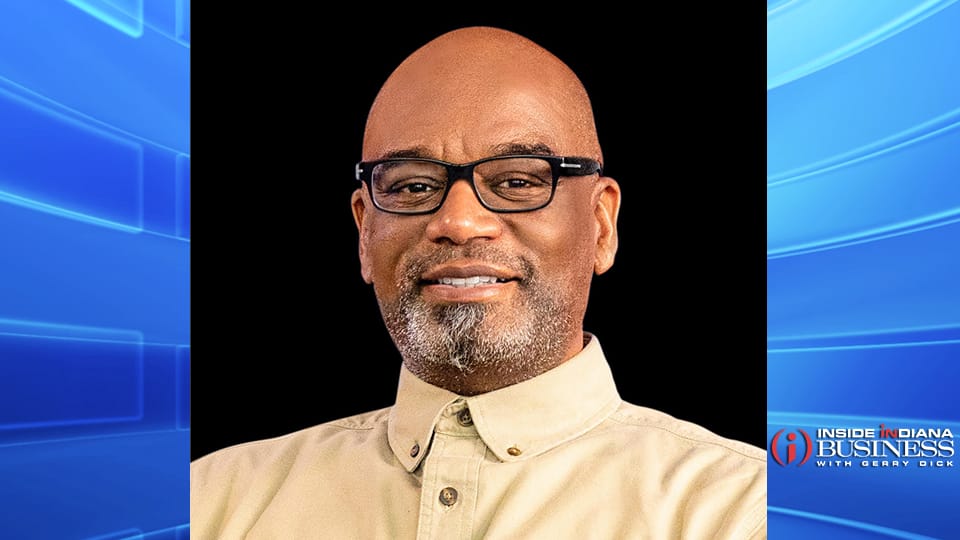Investing in education to empower the workforce
Subscriber Benefit
As a subscriber you can listen to articles at work, in the car, or while you work out. Subscribe Now
As a young child, I can remember the intensity of family game night. Games like Uno and Charades could go on for hours as we laughed the night away. But when we played Monopoly, the evening was different. The excitement of picking a piece and buying a first space was quickly met with frustration and anxiety as the game progressed and the dice rolling order was decided. Round after round, spaces would be acquired, properties would be purchased, and before we knew it, each of us was one roll away from landing in a place we couldn’t afford; bankrupted and eliminated from the game. In so many ways, the quality of education for minority students has become as uncertain as a player’s luck in Monopoly.
According to the Indiana Department of Education, the state’s 2023 Indiana Reading Evaluation and Determination (IREAD-3) assessment shows that too few Indiana students have mastered foundational reading skills by the end of third grade: nearly one in five students are still struggling to read at this key milestone. In total, nearly 15,000 Indiana third-grade students—or 18.1%— will need additional support to meet grade-level reading standards. Struggling to read at the end of third grade plagues students as they advance in academia without the understanding they need to comprehend a more intense curriculum. It’s easy to see how this one data point can disrupt a student’s entire life trajectory before they’re legally able to drive a car.
The significance of education in fostering economic empowerment cannot be overstated. Throughout history, minorities were prevented from accessing education entirely, a reality that created dominoes of detrimental consequences that persisted across generations. And while today, students of all races and ethnic minorities are attending school, the quality of their education—or the lack thereof—continues to have the same disparaging impacts. Without proper education, students lack the preparedness and often the awareness of post-secondary education. While the reality may appear grim for cities like Indianapolis—which houses advanced industries in need of a skilled workforce of innovators—it also serves as a call to action for local leaders.
In 1928, after working alongside Madam CJ Walker and later at the Indianapolis Recorder, Dr. Violet T. Lewis founded Lewis Business College, later known as Lewis College of Business, in Indianapolis. Her inspiration was driven by the stark realization that Black women were denied the education needed to secure employment and provide for their families. Through Lewis Business College, Dr. Lewis was able to empower women by teaching them secretarial skills as a means to find gainful employment. Long before the Civil Rights Movement, Lewis was at the forefront of the talent revolution, leveraging education as a means to access and opportunity. That model has inspired a second act in my story.
With no formal education, I found myself working in entry-level footwear positions, and I realized quickly, I had talent. My footwear trajectory quite literally took me around the world, and yet more often than not, I was distracted by a realization: I was often the first, and I was often the only. After a career that’s spanned three decades in the footwear designer industry, I’ve seen firsthand the disparities within corporations. While global footwear brands target minority communities as primary consumers, spending an average of $1.6 trillion in the United States to reach this demographic with advertising and marketing campaigns, the reality is that minorities only reflect five to ten percent of employees within this industry—and that discrepancy is where the opportunity lies.
As community leaders, we are faced with a heightened responsibility to address this imbalance by investing in education and creating pathways for underrepresented individuals. While Dr. Lewis had to close the Lewis College of Business, in 2013, I founded the next iteration of this institution in Michigan. Through PLC Detroit, we offer a new path to break into the world of product creation. We prepare the largest talent pool of designers to enter the industry and strive to make it better for the next generation, leaving our industry better than when we entered it. And in so many ways, we’re just getting started.
While PLC Detroit continues to grow, we also recognize that we’re drawing talent from across the Midwest from cities including Indianapolis—where the community is committed to investing in their young professionals today to cultivate a strong, better-skilled, more diverse workforce for tomorrow.
Connecting Indianapolis and Detroit signifies more than a geographical link; it is about creating a pipeline of talent development that leads to talent retention in the Midwest, improved innovation, and increased economic impact within our communities. As Indiana continues to prioritize equitable investments, education has to be at the top of that list. When that happens, Indy has the potential to be a talent mecca in the Midwest.
